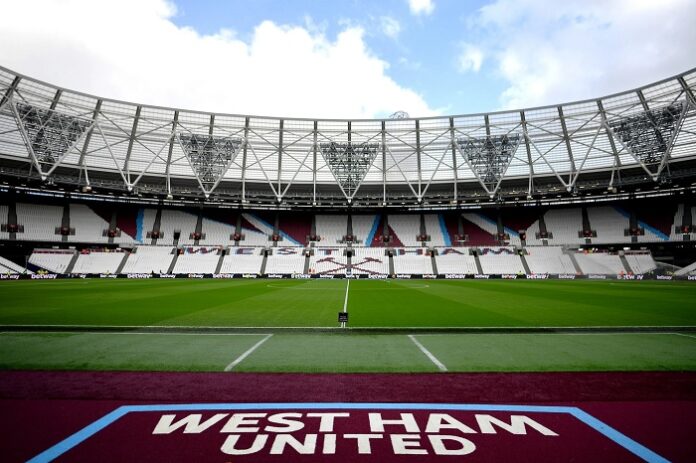West Ham United could soon take full control of London Stadium, following changes in its ownership. A leading football finance expert discusses the potential benefits and risks involved in such a move for the club.
From April 2025, the London Stadium will no longer be owned or operated by the London Legacy Development Corporation (LLDC), opening up the possibility for West Ham United to secure a long-term lease similar to Manchester City’s arrangement at the Etihad Stadium.
This change could allow the club to gain full control over the stadium, enabling them to optimize revenue streams such as naming rights, catering, and sponsorship.
Next year, the London Stadium will be transferred to the Greater London Authority, a subsidiary funded by taxpayers.
The move allows the GLA to explore granting a long lease to West Ham, which would allow the club full control in running and managing the stadium. [C&H] pic.twitter.com/DXr5jCmvkq
— COYIrons (@COYIronscom) October 30, 2024
According to Adam Williams, GRV Media’s Head of Football Finance and Governance Content, this development could represent a “welcome fresh start” for both West Ham and the stadium’s overseers.
However, he cautions that the club must carefully consider the financial implications. “The question for West Ham is, would taking full control of the London Stadium generate ample revenue to cover the costs associated with being its caretaker?” Williams said.
Financial risks and operating costs
Currently, the stadium costs around £16 million per year to run and maintain. Potential revenue from a naming rights deal could bring in a few million pounds, with additional income from events like concerts and conferences.
Despite these opportunities, Williams suggests that the margins could be tight. For context, Manchester City pays approximately £5.5 million per year for their lease, a figure that has likely increased with inflation.
Recent naming rights deals have fetched significant sums, such as Riyadh Air’s £230 million partnership with Atletico Madrid’s Metropolitano Stadium and Allianz’s £100 million deal with Twickenham over ten years.
These examples might encourage West Ham to pursue a lucrative naming rights agreement. However, Williams notes that the value of such deals has diminished since 2016, and the first £4 million of any naming rights deal under the current arrangement goes to the LLDC, with the rest split 50-50 with West Ham.
Naming rights opportunities and challenges
With the Betway sponsorship coming to an end soon, there is an opportunity for West Ham to tie in front-of-shirt rights with a naming rights deal.
Karren Brady, the club’s vice-chairman, has indicated that this would be the best kind of deal for the club. “But I think any real value coming from a naming rights deal would be contingent on a long lease for the stadium,” Williams added.
The potential new lease could allow West Ham to make significant alterations to the stadium, addressing long-standing fan concerns about the gaps between tiers and the distance from the stands to the pitch.




